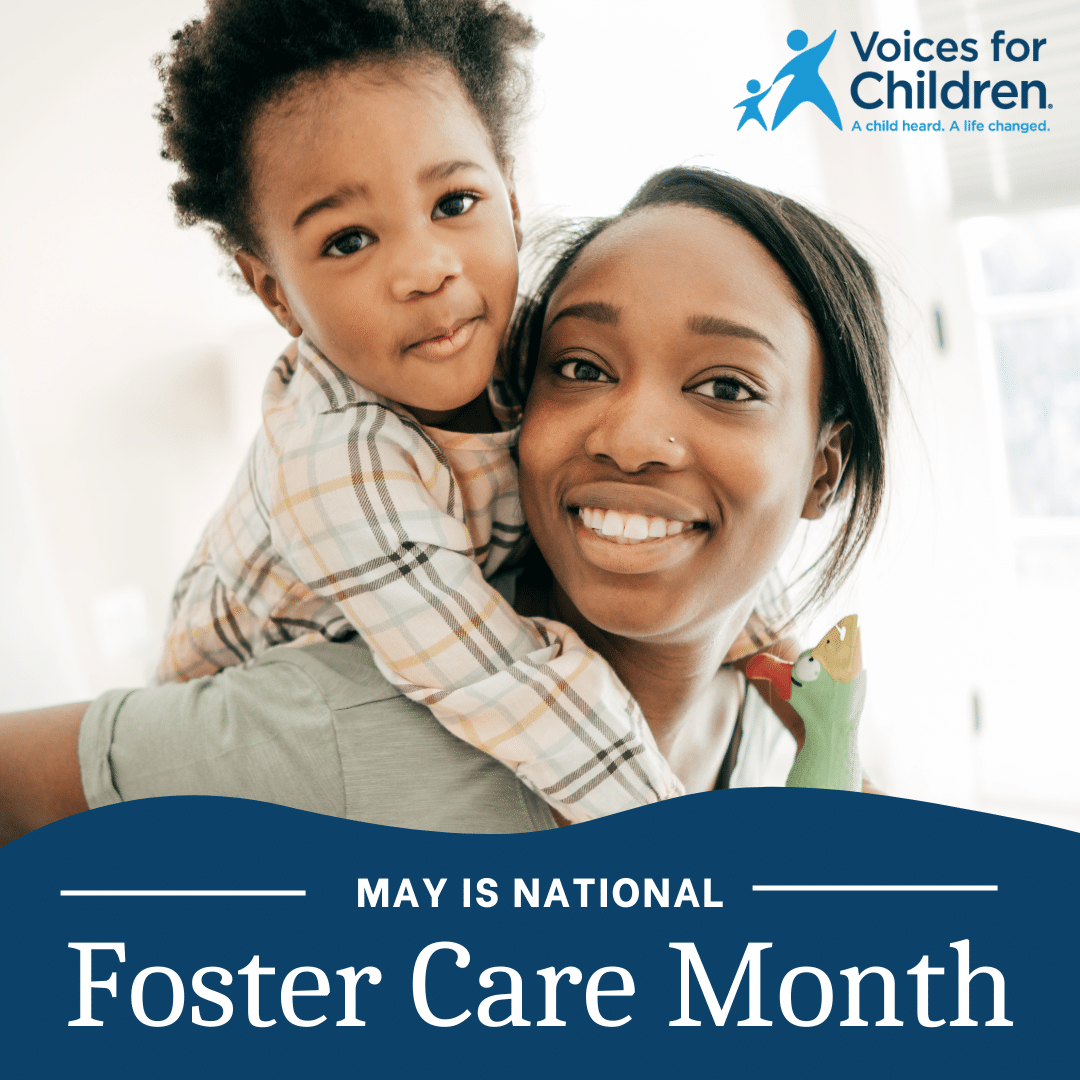
Opinion: Navigating the Foster Care Bridge
From San Diego Union Tribune – May 23, 2022
Foster care can help children whose parents can’t care for them find their way and go on to productive lives. Here, to mark National Foster Care Month, the leader of a child advocacy organization calls on volunteers to step up to assist kids in need; an advocate details how rewarding helping foster children can be; and an attorney notes the importance of legal support in making the foster system work.
Opinion: Children in foster care need resources and support to thrive. That’s where CASAs come in.
By Kelly Capen Douglas, president & CEO of Voices for Children
“My heart hurts, and I just want to be loved.” That’s what Mary*, a 5-year-old girl, shared with a social worker on her way back to San Diego from a placement with an extended family member that didn’t work out. It was her fifth move since she entered foster care just 18 months earlier as a result of substance abuse that riddled her home. While many 5-year-olds are focused on their ABCs, this little girl was thrust into a confusing world that included new homes and schools, court hearings and separation from her family.
Read more in the San Diego Union Tribune
Opinion: I became a special advocate to help foster youth. The experience changed my life, too.
By Tim Riley, Court Appointed Special Advocate (CASA) volunteer with Voices for Children
“CASAs Change Lives.” Those were the words that stuck with me when I first considered becoming a volunteer Court Appointed Special Advocate (CASA) over 10 years ago. Little did I know then, how not only the lives of the youth can be changed, but how the youth can profoundly change the life of the CASA as well.
Read more in the San Diego Union Tribune
Opinion: Foster youth used to be excluded from court. Now their experiences are being centered.
By Carolyn Griesemer, executive director of Children’s Legal Services of San Diego
The child welfare system and juvenile dependency courts serve families who are struggling with a variety of entrenched societal issues including poverty, mental health challenges or substance abuse. The twin aims of the juvenile dependency court are to protect children while attempting to preserve the family. When the family cannot be reunified, the court must find a home that will offer stability and care while the youth awaits adoption or guardianship.
Read more in the San Diego Union Tribune

 NBC 7: Voices for Children Gives Foster Kids a Future
NBC 7: Voices for Children Gives Foster Kids a Future